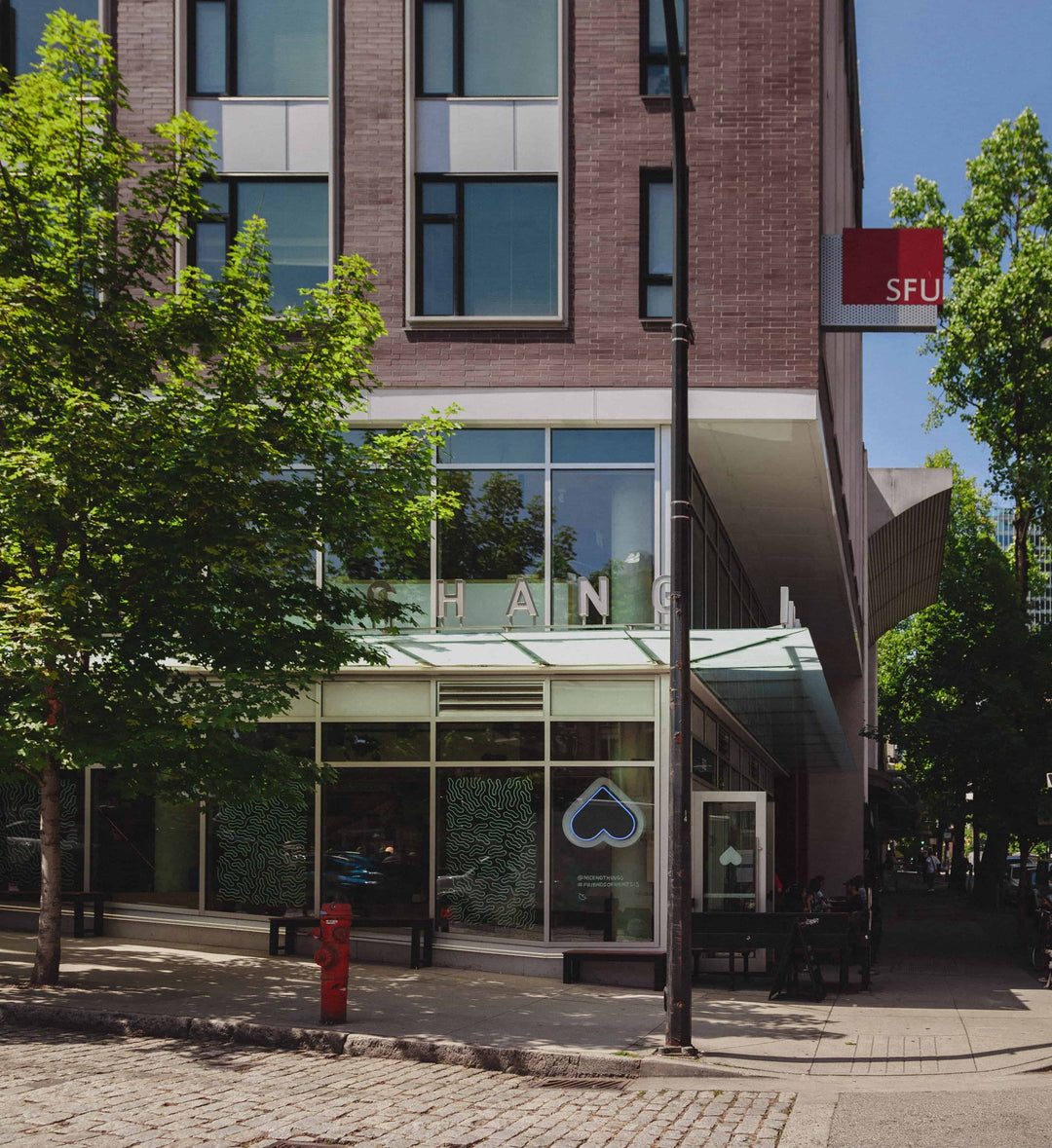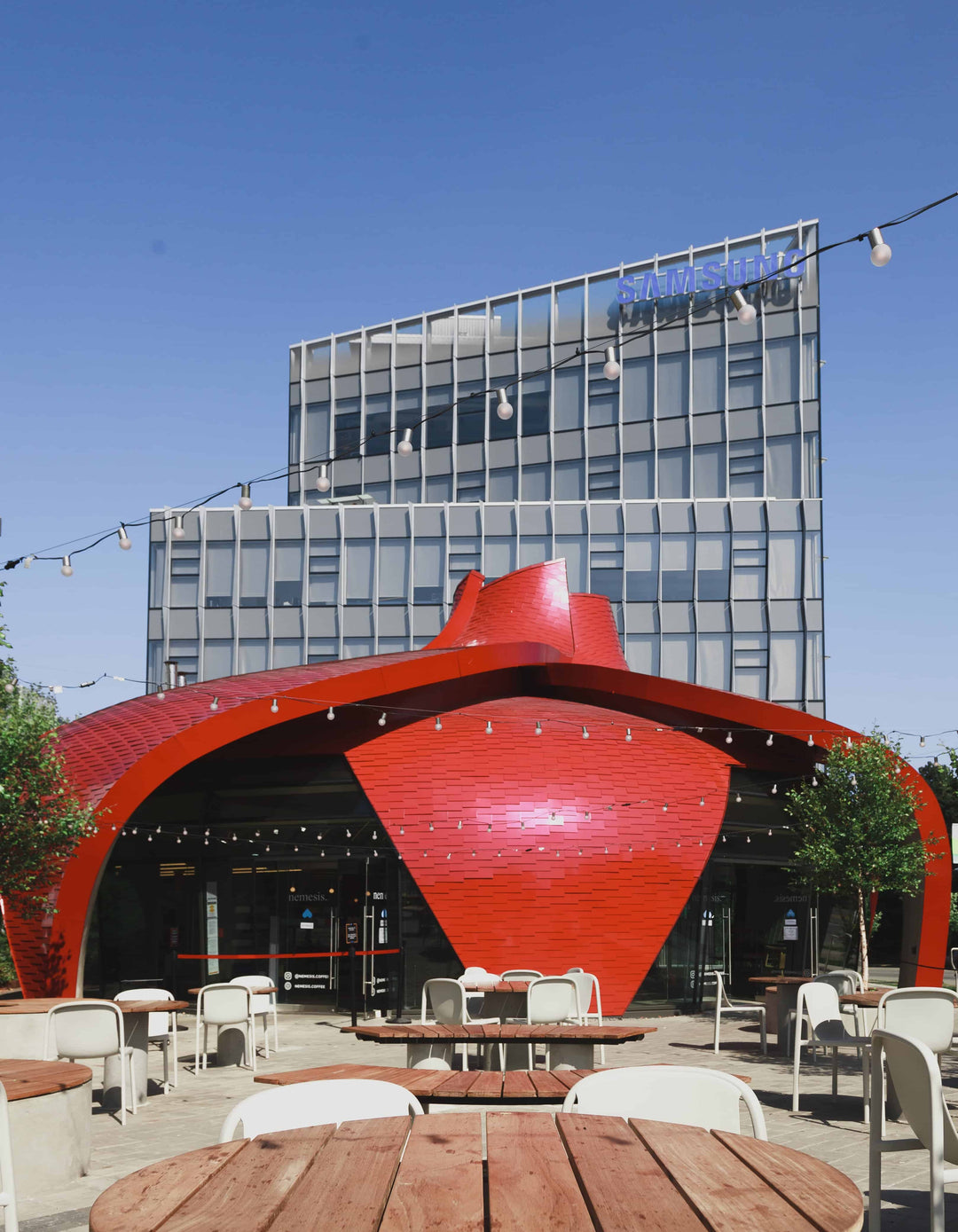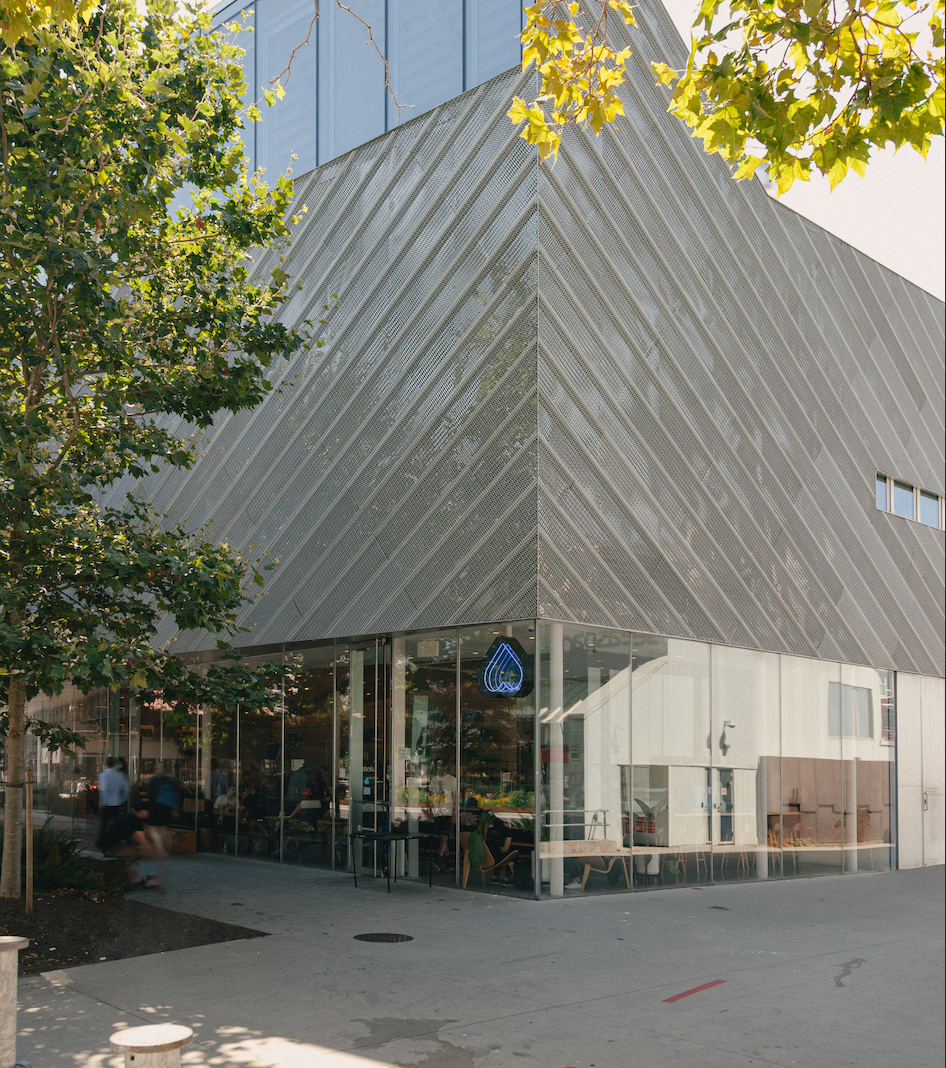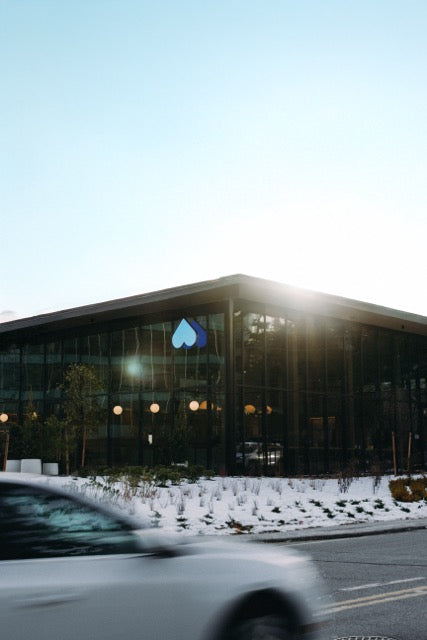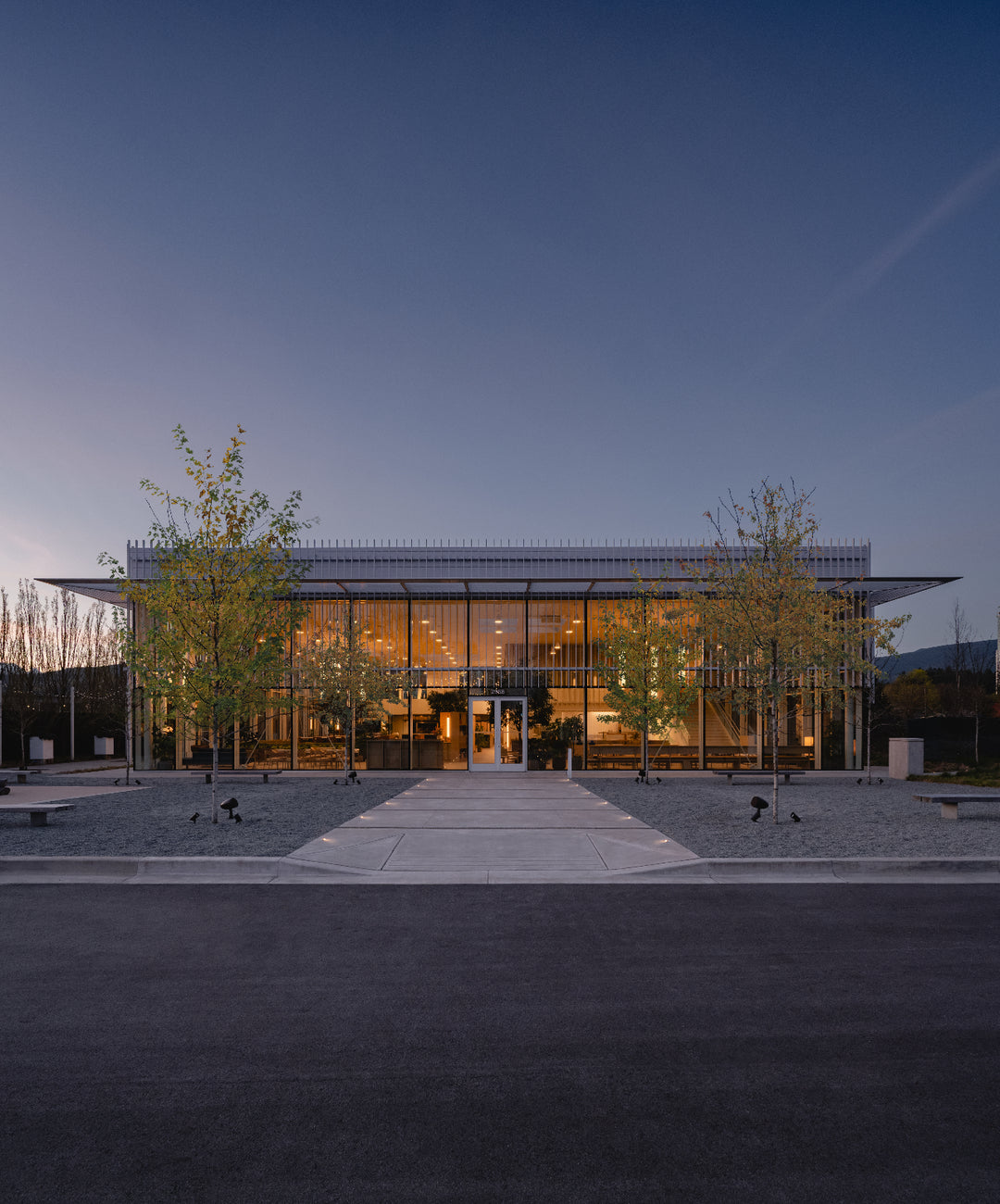Familia Zelaya - Finca Pulcal
about the producer.
The Zelaya family trace their coffee history back to the late 1800s, when Luis Pedro Aguirre acquired Hacienda Carmona and began planting Arabica varieties. Soon afterwards, in 1918, Guatemala began exporting coffee for the first time and Hacienda Carmona was ideally placed. Located in the famous Antigua Valley formed by three volcanoes, this region of Guatemala has gained world renown for quality coffee. High altitudes, rich volcanic soils, and crystal clear spring water create the ideal microclimate for traditional varieties like the Bourbon and Typica that Luis Pedro Aguirre planted.
Each generation has honoured this legacy while building on past successes. A pivotal moment came in 2012 in response to a rise in leaf rust that threatened the farm. At that time, Maria Zelaya Aguirre, with the support of her nephews Ricardo Zelaya and Luis Pedro Zelaya, implemented dramatic changes to the agronomic practices of the farm. Improvements to every aspect from innovative pruning techniques to soil nutrition and irrigation led to marked improvements in crop health and yield. New varieties like Java, Villa Sarchi, Pacas, and San Francisco have been introduced, resulting in new flavour profiles and cup potential.
Today Ricardo and Luis Pedro are the fourth generation to oversee coffee production where the top lots are grown at Finca Pulcal. Hacienda Carmona is also home to a dairy farm, cafe, restaurant, and Carmona trails - a network of mountain biking and hiking routes that hosts races throughout the year. This vibrant ecosystem has flourished under the Zelaya family’s profound commitment to the farm, its people, and their enduring love for coffee.
about the coffee.
Finca Pulcal is situated in a bowl beneath two mountains, in the foothills of the Hunahpú (Agua) Volcáno at altitudes between 1600 and 2000 meters above sea level. This prime volcanic soil and high altitude for Guatemalan coffee results in complex and sweet cup profiles, but what sets Pulcal coffees apart is the unique attention to detail of the Zelaya Family, led by Ricardo and Luis Pedro.
Since the replanting of the farm new lots have been set in carefully planned rows of three. Each year, one row undergoes skeletal pruning, an innovative approach that cuts branches back to the main stem, in addition to removing roughly the top half of the plant. This approach encourages new branch growth with higher yields close to the main steam, which also makes selecting picking easier, where only the ripest dark red cherries are hand picked. This method has a faster recovery than the more traditional stump pruning that takes the entire plant down close to the soil and requires 3 years before a new crop can be harvested.
After harvesting the cherries undergo strict sorting before pulping and careful fermentation at Finca Pulcal’s wet mill. The parchment is then washed, sorted again, and then dried on patios. Everything throughout the post-harvest process is carefully monitored by the team. The dried parchment is then stored before being milled at Finca Pulcal’s very own dry mill - so the entire process from planting to shipment is completed under the care of the Zelaya family.
This is the third year that Nemesis has partnered with Finca Pulcal and we are proud to represent Maria Zelaya Aguirre’s family legacy through our work with Ricardo and Luis Pedro.
cup profile.
dark chocolate | plum | dried cranberry
The first release this year is the traditional Bourbon variety and the dense sweetness and ripe fruit acidity works perfectly with our house espresso roast profile. With a heavier body that is coating and round the espresso has a sweet centre of high quality dark chocolate that reveals complex fruit acidity. Stone fruits like red plum and black cherry meet tart berries like blackcurrant and dried cranberry. The finish is sweet with a pleasant cocoa drying and lingering apricot fruit leather.

